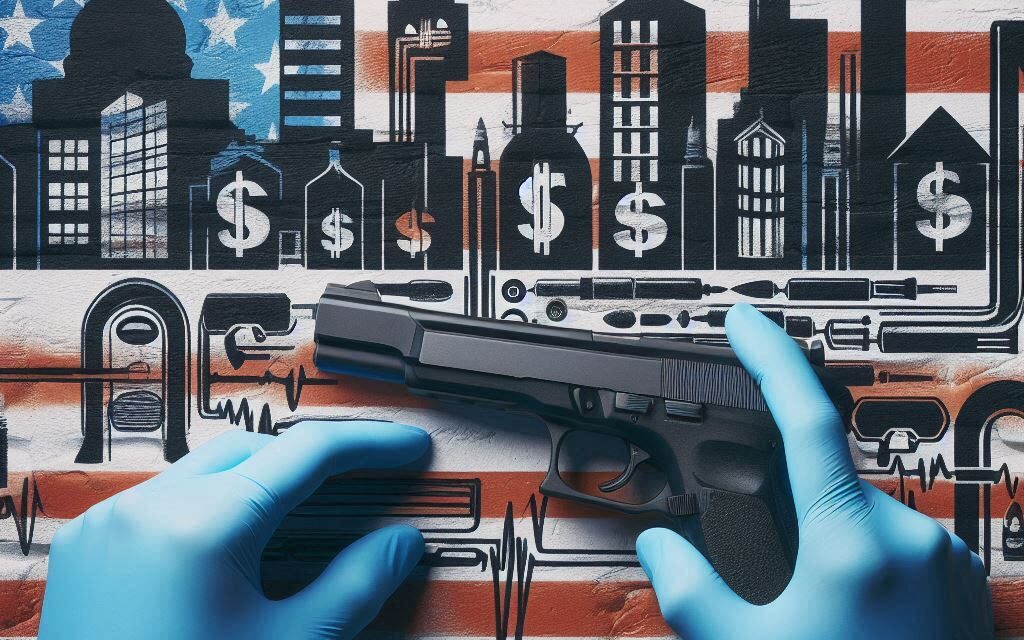In a landmark move, U.S. Surgeon General Vivek Murthy has officially declared gun violence a public health crisis, marking a pivotal moment in the national discourse on firearm safety and regulation. Murthy’s declaration, issued Tuesday, underscores the urgent need for comprehensive measures to address the escalating rates of firearm-related deaths across the United States.
In his first-ever public health advisory on the matter, Murthy highlighted the profound impact of gun violence on American society, particularly its devastating effects on communities of color, young people, and other vulnerable populations. “Firearm violence is an urgent public health crisis that has led to loss of life, unimaginable pain, and profound grief for far too many Americans,” Murthy stated in a press release accompanying the advisory.
The advisory points to alarming statistics, revealing that gun violence became the leading cause of death among U.S. children and adolescents in 2020. Comparatively, the firearm mortality rate among youth in the U.S. surpasses rates in France, Germany, and Japan by significant margins, reflecting a stark disparity in firearm-related fatalities.
Murthy also emphasized the broader implications of gun violence beyond fatalities, highlighting its pervasive psychological and societal impacts. “The ripple effects of gun violence extend beyond the immediate victims, affecting millions who witness these tragic events or live in fear of them,” Murthy remarked in televised interviews following the advisory’s release.
The Surgeon General’s call to action includes proposals for enhanced research funding, improved mental health services, and measures such as secure firearm storage to mitigate the risks associated with gun ownership. These recommendations aim to shift the discourse surrounding gun violence from a political issue to a public health imperative, drawing parallels to past public health campaigns targeting smoking and vehicle safety.
However, Murthy’s advisory faces significant political hurdles, with proposals like expanding background checks and restricting assault-style weapons encountering staunch opposition from Republican lawmakers and pro-gun advocates. The National Rifle Association (NRA) has condemned the advisory as an overreach, framing it as part of what they describe as the Biden administration’s broader agenda against lawful gun ownership.
Despite political divides, advocates for stricter gun regulations, including former congresswoman and gun violence survivor Gabby Giffords, have rallied behind Murthy’s advisory, urging policymakers to prioritize public safety over partisan interests. “Our leaders must acknowledge the severity of gun violence and treat it as the public health crisis it truly is,” Giffords emphasized in a statement.
As the nation grapples with a steady rise in firearm-related deaths, Murthy’s advisory signals a pivotal moment in the ongoing debate over gun control and public safety in the United States. The effectiveness of these public health measures, however, hinges on bipartisan cooperation and a concerted effort to address the complex factors contributing to gun violence across the country.
For now, the Surgeon General’s declaration sets the stage for intensified dialogue and potential legislative action aimed at curbing the devastating toll of gun violence on American communities.












